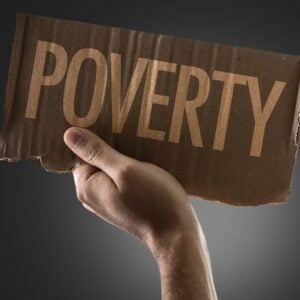Every October 17, the world observes the International Day for the Eradication of Poverty, a moment to reflect on progress and ongoing challenges in reducing inequality. In the Dominican Republic, this day highlights the country’s notable achievements in poverty reduction, driven by sustained economic growth and inclusive policies. The World Bank’s new representative in the country has noted the strong commitment of authorities, the dynamism of the private sector, and the energy of civil society in advancing development and promoting a more inclusive future.
Over the past decades, the Dominican Republic has recorded significant poverty reduction. In 2024, GDP per capita grew by 4.1 percent, more than twice the regional average, helping reduce overall poverty from 23 to 19 percent and extreme poverty from 3.2 to 2.4 percent. The middle class now exceeds the size of the poor population, accompanied by improvements in access to basic services, housing, and education.
These gains reflect inclusive policies and a growing labor market. In 2024, over 170,000 formal jobs were created, with formal employment representing more than half of the labor market. Access to quality employment increases the likelihood of escaping poverty by 13.5 percentage points and of joining the middle class by 21.3 percentage points, enabling families to invest in education, health, and community development.
Challenges remain, including the prevalence of informal, low-productivity jobs and the underrepresentation of women in the labor market, linked to barriers in education and health access, particularly for young women. The private sector, which generates over 85 percent of total employment, is crucial for driving economic growth. Sectors such as tourism, local manufacturing, and agribusiness demonstrate how entrepreneurship can create jobs, stimulate industries, and unlock the country’s economic potential.
For employment to continue driving inclusive growth, barriers such as limited access to financing, bureaucracy, and skills gaps must be addressed. The Dominican Republic’s long-term vision, Meta RD2036, aims to double real GDP by 2036 through sustainable and inclusive growth that generates quality jobs and improves public services. Achieving this goal requires investing in people, modernizing education, closing skills gaps, facilitating business formalization, and strengthening public-private partnerships in strategic sectors.
The country’s progress in poverty reduction demonstrates the impact of sound economic management and social inclusion policies. Moving forward, collaboration among government, private sector, civil society, and international partners will be essential to ensure that economic growth translates into quality employment, empowering individuals and communities. Joint commitment across all sectors will be key to extending prosperity nationwide and making decent work a pathway to a more equitable and prosperous future.





